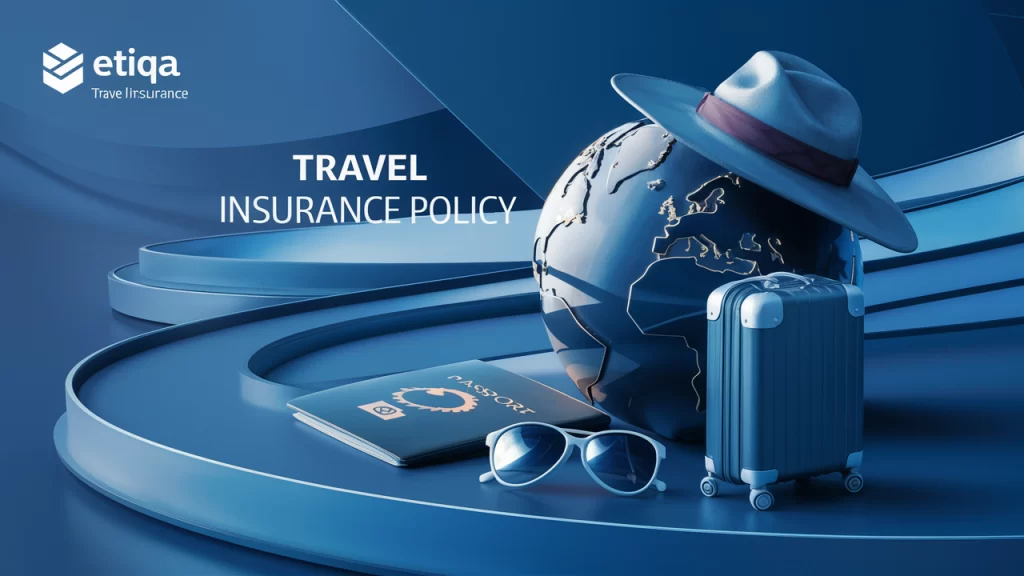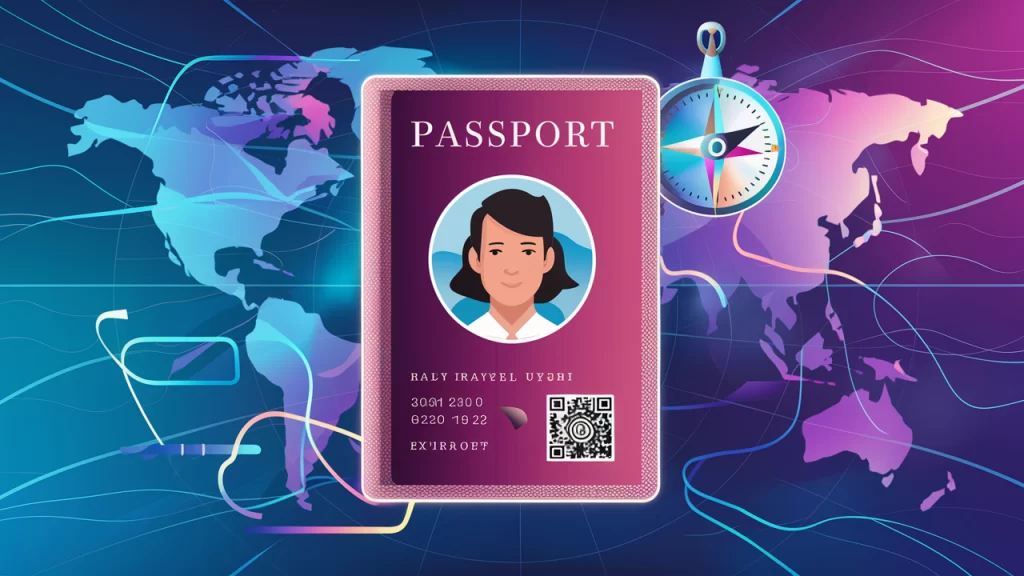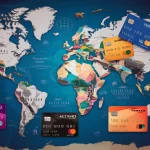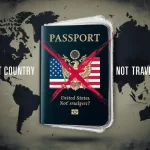Starting a travel agency can be an exciting and profitable venture for those passionate about travel and customer service. This guide provides an in-depth look at how to start a travel agent business, covering essential strategies, best practices, and key considerations for beginners. Whether you’re interested in starting a travel agency online or want to develop a comprehensive travel agency business plan, this article will help you navigate the process.

Content
Understanding the Travel Agency Business
What Is a Travel Agency Business?
A travel agency business involves organizing and selling travel packages, accommodations, and other related services to clients. Travel agents act as intermediaries between clients and travel service providers, such as airlines, hotels, and tour operators. They offer personalized travel planning, recommendations, and support to enhance the travel experience for their clients.
The Role of a Travel Agent
Travel agents handle various tasks, including booking flights, accommodations, car rentals, and organizing tours. They provide expert advice, manage travel itineraries, and assist with travel documentation and insurance. The goal is to deliver a seamless and enjoyable travel experience for clients.
Steps to Start a Travel Agency
Conduct Market Research
Before starting a travel agency, it’s crucial to understand the market dynamics. Research the demand for travel services in your target area, identify potential competitors, and determine your niche. Whether you plan to focus on luxury travel, adventure tourism, or family vacations, understanding the market will help shape your business strategy.
Develop a Travel Agency Business Plan
A well-structured travel agency business plan is essential for guiding your startup. Your plan should include:
- Executive Summary: Overview of your business goals and mission.
- Market Analysis: Insights into your target market and competition.
- Marketing Strategy: Plans for attracting and retaining clients.
- Financial Projections: Budgeting, pricing strategy, and revenue forecasts.
- Operational Plan: Day-to-day operations, staffing needs, and service offerings.
Register Your Business
Choose a suitable business name and register it with the appropriate government authorities. You may also need to obtain a business license, tax identification number, and any necessary permits or certifications depending on your location.
Set Up Your Online Presence
In today’s digital age, having a strong online presence is vital. To start a travel agency online, you’ll need to:
- Create a Professional Website: Your website should be user-friendly, visually appealing, and optimized for search engines. Include features such as booking systems, client testimonials, and travel resources.
- Implement Online Marketing Strategies: Utilize social media, email marketing, and SEO to attract and engage potential clients. Offer valuable content, promotions, and special deals to build your online brand.
Choose Your Travel Suppliers
Partner with reputable travel suppliers, including airlines, hotels, and tour operators. Establish relationships with these suppliers to access competitive rates and exclusive deals. Ensure that the suppliers you choose align with your agency’s niche and target market.
Obtain Necessary Certifications
While not always mandatory, obtaining certifications from industry organizations, such as the International Air Transport Association (IATA) or the American Society of Travel Advisors (ASTA), can enhance your credibility and provide additional resources and support.
Set Up Your Office
Decide whether you’ll operate your travel agency from a physical location or work remotely. Set up your office with the necessary equipment, including computers, phone systems, and booking software. Ensure you have reliable internet access and secure systems for managing client information.
Best Practices for Running a Successful Travel Agency

Provide Excellent Customer Service
Deliver exceptional customer service to build a loyal client base. Be responsive, knowledgeable, and attentive to clients’ needs. Personalize travel experiences and address any issues promptly to ensure client satisfaction.
Stay Updated with Industry Trends
Keep abreast of the latest travel trends, technologies, and destination information. Attend industry conferences, subscribe to travel publications, and participate in professional networks to stay informed and competitive.
Manage Your Finances Wisely
Effective financial management is crucial for the success of your travel agency. Monitor your expenses, manage cash flow, and track revenue to ensure profitability. Consider working with an accountant or financial advisor to handle complex financial matters.
Continuously Market Your Business
Consistent marketing efforts are essential for attracting new clients and retaining existing ones. Use a combination of digital marketing, networking, and referrals to promote your agency. Offer promotions and incentives to encourage repeat business and word-of-mouth recommendations.
Starting a Travel Agency for Free
Utilizing Free Resources
Starting a travel agency doesn’t always require a significant upfront investment. Take advantage of free resources such as:
- Social Media Platforms: Use platforms like Facebook, Instagram, and Twitter to promote your services and connect with potential clients.
- Free Website Builders: Create a basic website using free website builders like WordPress or Wix.
- Networking Groups: Join industry groups and forums to connect with other travel professionals and gain insights.
Leveraging Low-Cost Marketing
Implement cost-effective marketing strategies to reach your audience. Use email marketing, content creation (blogging about travel tips), and local networking events to promote your agency without a large budget.
Conclusion
Starting a travel agency requires careful planning, dedication, and a passion for travel. By understanding the travel agency business, developing a comprehensive business plan, and implementing effective strategies, you can build a successful travel agency. Whether you choose to start a travel agency online or operate from a physical location, following these key strategies and best practices will set you on the path to success.

An avid traveler, Kirk Grover has been to over 50 countries. He has an extensive background in tourism and hospitality management, along with a degree in Hospitality Management from the University of Nevada Las Vegas. Kirk is very knowledgeable about travel-related topics – they are always up to date on the latest deals for flights, hotels, and other adventures around the world.











